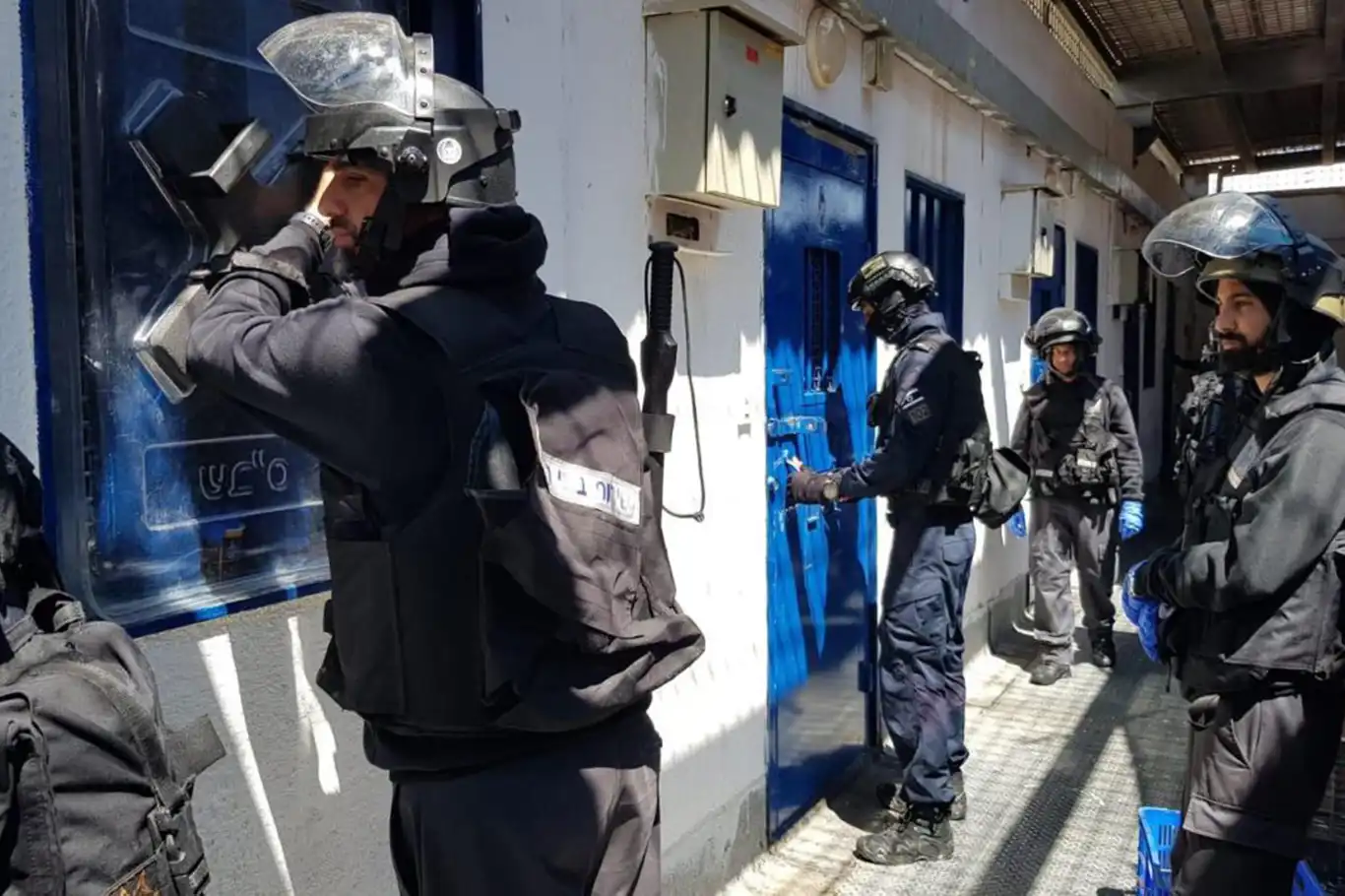Israel forces Palestinian female prisoners to remove hijabs


The Israeli prison administration at Damon Prison has imposed a new, restrictive dress code on Palestinian female prisoners, forcing them to remove their Islamic clothing, including hijabs and niqabs.
The Palestinian Detainees and Ex-Detainees Affairs Commission reported that this decision was implemented in retaliation for a recent attack carried out by Palestinian resistance fighters. The new policy mandates that female prisoners must wear only gray sports uniforms, leaving them without the option of wearing modest attire.
In addition to the dress code restrictions, the prison administration has intensified searches and seizures of prisoners' belongings, including personal items and basic necessities. Female prisoners have also been subjected to strip searches and prolonged detentions in outdoor yards.
The Commission's lawyers, who visited some of the female detainees, revealed that the harsh conditions have led to severe psychological and physical distress. The prisoners reported suffering from malnutrition due to limited food portions and a lack of adequate nutrition.
The Commission condemned the Israeli authorities' actions, emphasizing the inhumane treatment of Palestinian prisoners, particularly female detainees. It called on the international community to intervene and pressure Israel to adhere to international human rights standards and ensure the well-being of Palestinian prisoners. (ILKHA)
LEGAL WARNING: All rights of the published news, photos and videos are reserved by İlke Haber Ajansı Basın Yayın San. Trade A.Ş. Under no circumstances can all or part of the news, photos and videos be used without a written contract or subscription.
The fragile ceasefire in the Gaza Strip collapsed Tuesday evening as Israeli occupation forces launched a new wave of airstrikes across the enclave, killing and wounding dozens of Palestinian civilians.
Russian forces have carried out a large-scale strike targeting Ukrainian long-range combat drone launch sites in the Zaporozhye region, according to local officials.
Australia will enact a sweeping social media ban for children under 16 on December 10, forcing global tech giants into compliance despite their vocal objections.
The Palestinian Ministry of Education and Higher Education has reported that the ongoing Israeli aggression on the Gaza Strip and the West Bank, which began on October 7, 2023, has resulted in the deaths of 20,080 students and injuries to 31,147.